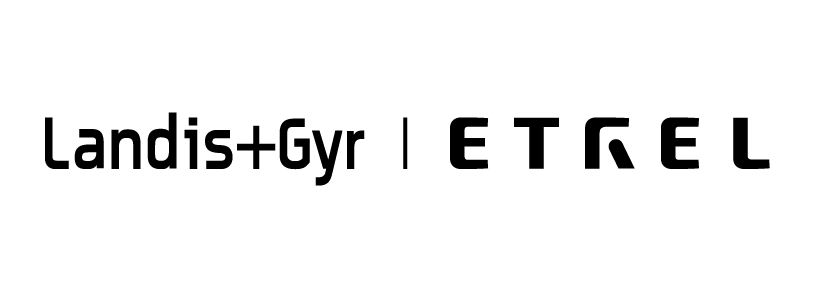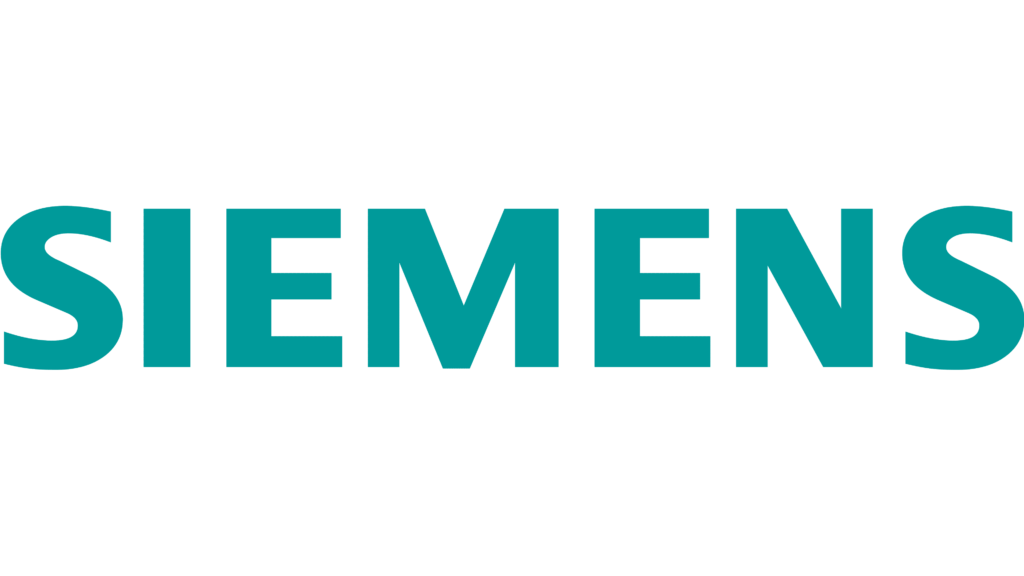On 25 July 2023, the Council of the European Union finalized the Alternative Fuels Infrastructure Regulation (AFIR) and the legislation will be published after the summer. It will enter into force 20 days following that moment. This follows on the the heels of the EU lawmakers decision in 2022 to enforce a ban on new fossil-fuel cars from 2035.
Mandating public charging infrastructure numbers
Unlike other countries, the EU is not only setting non-binding targets but also legislating them.
From 2025 onwards, charging stations of at least 150kW will have to be installed every 60 km along the EU main transport corridors, the so-called TEN-T network. Similarly, truck chargers with an output of 350kW will have to be deployed. The power capacity is projected to grow by 2030. According to the EU assessment, this network density will serve to accelerate the transition to e-mobility.
Interestingly, the road part of this network is about 65,000km long, so that’s a bit over 1000 charging hubs along highways. To meet the targets of the regulation, EU countries will need to streamline their permitting and planning procedures so CPOs can deploy the required infrastructure along main roads.
It is worth noting that Sales of electric cars in the EU broke records in 2022, with Norway leading the way.
Focus on improving payment methods
In addition to the minimum number of charging stations, the new law intends to solve another problem: EV drivers might often deal with complex payment providers or subscription models.
In the future, all public charging points in the EU must also allow users to pay on an ad-hoc basis for which no subscription is needed. Fast charging stations over 50 kW must also have card readers to make card payments possible.
A huge benefit to consumers, CPOs must provide full information through electronic means on the availability, waiting time, or price at different stations.
Precedence over national law
As AFIR enters into force after the summer months, it will immediately take precedence over national legislation – like the German Ladesäulenverordnung or the French LOM. These and other EU member state laws on EV charging were essentially a transposition of the old Alternative Fuels Infrastructure Directive.
One of the main aspects of the revised EU Alternative Fuels Infrastructure law is that it takes the form of regulation. Regulations have binding legal force throughout every Member State. They do not need any other acts of parliament in the member state to make them into law.
This also means that we should have less fragmentation across markets on key topics of EV charging, which in turn should make it easier for businesses to operate in several markets.
Making headway
Porsche is making headway by building its own charging network in Germany. In Bingen am Rhein, the carmaker has now commissioned a pilot location with a “brand-appropriate charging experience”. There are a few 300 kW fast chargers on site, as well as AC charging points and a dedicated lounge.










